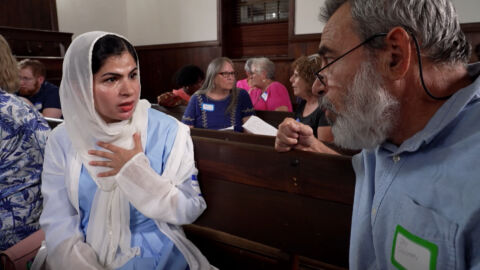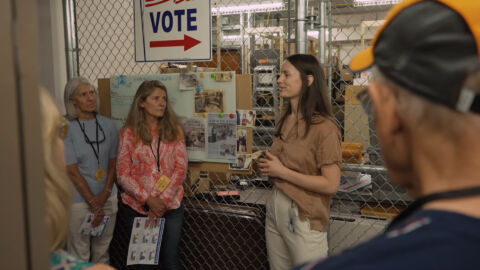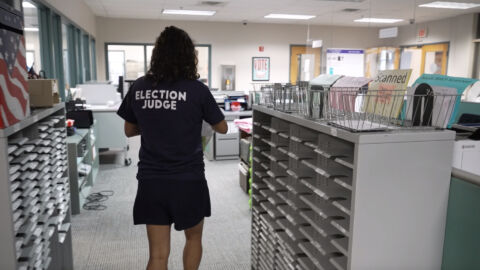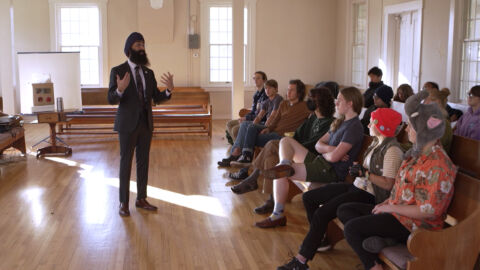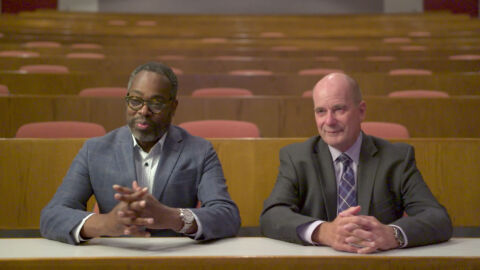Often called “the father of American education,” Horace Mann argued that free, standardized schooling was key to self-governance, calling education the “great equalizer of the conditions of men.” A curriculum emphasizing the understanding of civics was core to that argument. Up until the 1960’s, American high schools required up to three courses in government and civics but in the last half century, civics education has been eroding.
Since 2014, students at the eighth-grade level in the United States have been experiencing declines in civics and US history scores. According to the National Center for Education Statistics (NAEP) the average score in history dropped five points between 2018 and 2022 and less than a quarter of eighth graders were at or above the proficient level in civics. A 2022 civics assessment known as the Nation’s Report Card recorded the lowest recorded score since 1998.
Both politicians and educators are making efforts to strengthen civics education nationally. From Maine to Oklahoma and across the country, legislators are passing bills to increase the teaching of civics from elementary school into college.
“I think students ought to learn the value of democracies, the strengths and the weaknesses…” says author and diplomat Richard Haass. He adds, “Students ought to understand the rights, but also the obligations of citizens.”
At Union Square Academy for Health Sciences, a high school in New York City, a department devoted exclusively to civics and student engagement dates back to more than a century ago.
Social Studies teacher David Edelman has made it his mission to make sure his students are aware of that history and are continuing the tradition with issues that concern them. Edelman says he sees hope with the next generation of civically engaged leaders like high school freshman Sumaiya Alum who took on the school cafeteria and the lack of food preferences for fellow students.
Her efforts won her the honor of a “student changemaker award,” and like other students in Edelman’s class, has ignited the purpose of civics education in school. “I just hope that more people that are my age get more involved in democracy,” said Alum.
This is episode 6 in the 11-part digital series, A Citizen’s Guide to Preserving Democracy, a production of The WNET Group’s Preserving Democracy multiplatform initiative. The series is based on the book, “The Bill of Obligations: Ten Habits of Good Citizens,” by author and diplomat Richard Haass.




